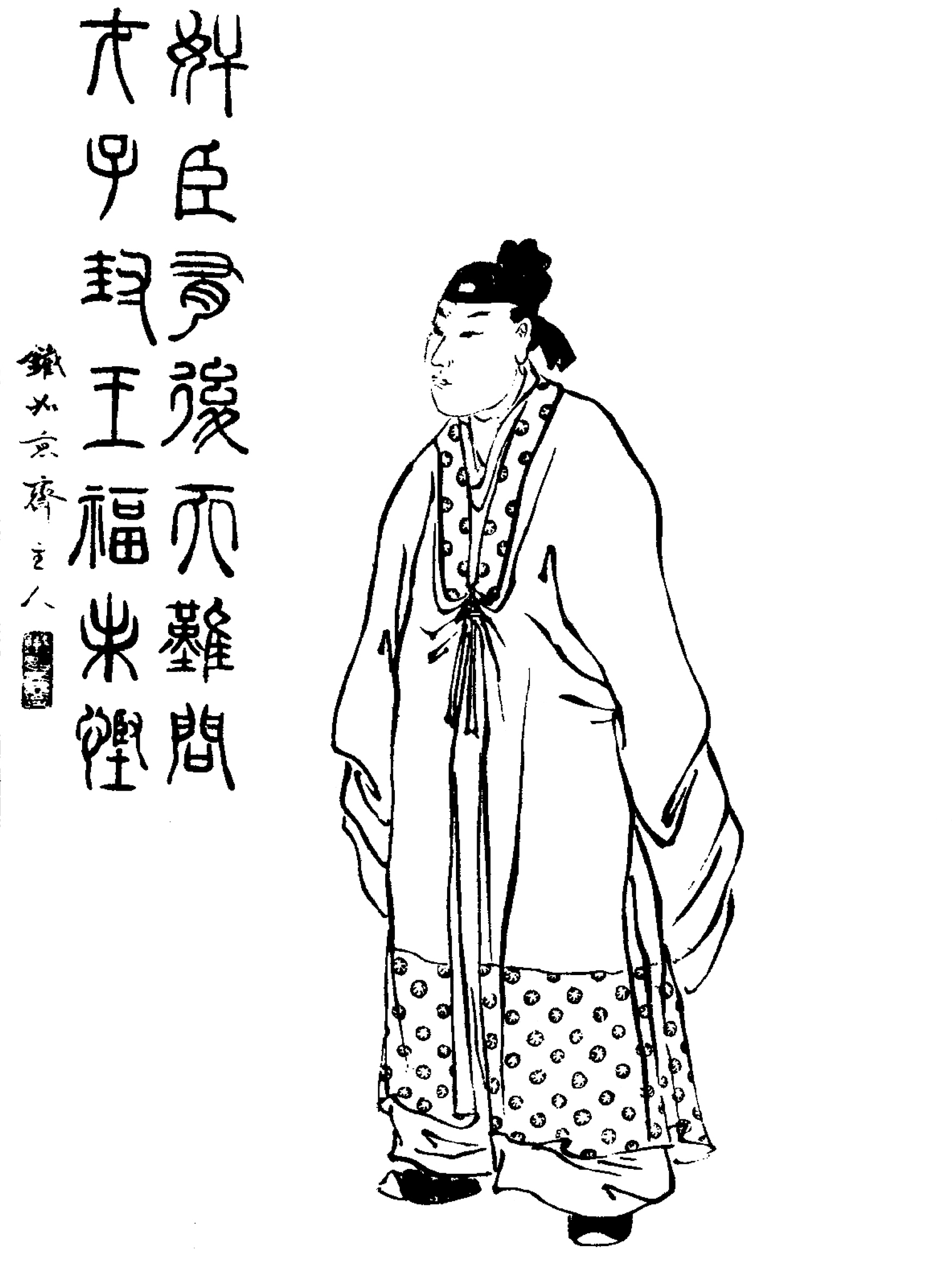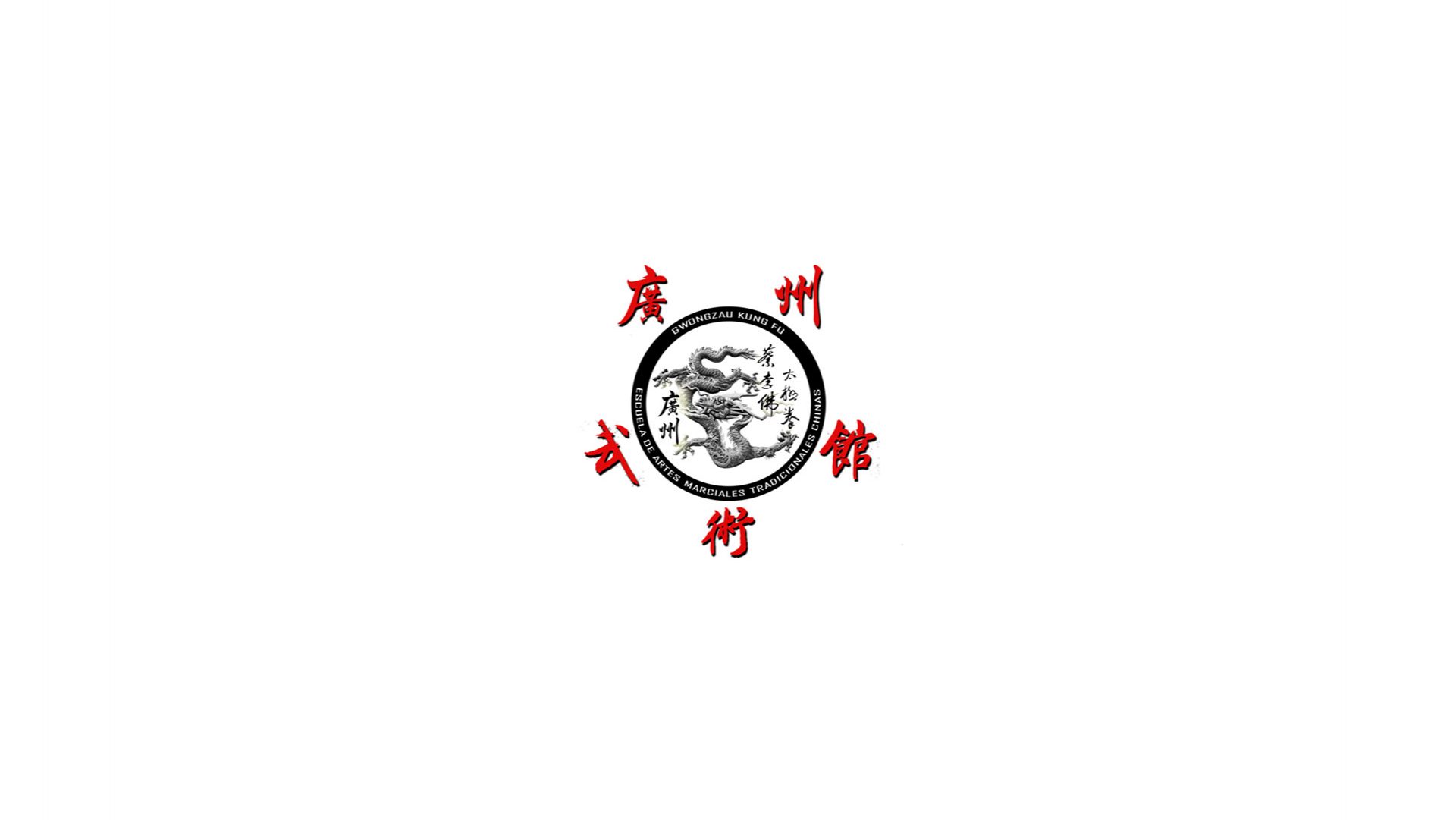In the period of the Three Kingdoms (Sānguó shídài 三國時代), during the reign of the last Han 漢朝 emperor, the prime minister Cáo Cāo 曹操 really boasted the greatest power, having subjugated the emperor, whom he kept in seclusion and used as a puppet. Cáo Cāo had proclaimed himself King of the State of Wu 魏.
In the year 220, Cáo Cāo died, leaving as his heir his son Cáo Pī 曹丕, who would shortly afterwards force the Han Emperor to abdicate, and assume the title for himself. Upon the Cáo Cāo's death, and fearing that his brothers might dispute his throne, he ordered the death of Cáo Xióng 曹熊 and captured Cáo Zhí 曹植, but their mother, deeply distressed by the dispute between her sons, interceded for him.
However, Cáo Pī was determined to eliminate his brother. Cáo Zhí was known for his artistic and poetic skills. One of Cáo Pī's counselors suggested that he challenged Zhí to a skill test where his life would be decided. Then, Cáo Pī summoned his brother in public and challenged him to compose a poem in the time it took him to walk seven steps. If he succeeded, his rank would be lowered but his life would be respected; otherwise, he would be sentenced to death.
Cáo Zhí asked to be suggested a topic. On one of the walls there was a painting of two oxen; one of them, after fighting, laid dead in a well. Cáo Pī pointed to the painting as a subject, but forbade his brother to use words that alluded directly to the image.
Cáo Zhí walked seven steps, and in that time he composed the following poem:
兩肉齊道行,頭上帶凸骨。
Liǎng ròu qí dàohéng, tóushàng dài tū gǔ.
Two pieces of meat approach each other with a U-shaped bone on the head.相遇快山下,欻起相搪突。
Xiāngyù kuài shānxià, chuā qǐ xiāng táng tú.
When they meet, they enter combat.二敵不俱剛,一肉臥土窟。
Èr dí bù jù gāng, yī ròu wò tǔ kū.
Two enemies of unequal strength, a dead piece of meat in a well.

Despite having composed the poem in seven steps and having done so without using the words "ox" or "well", Cáo Pī was not satisfied and asked Zhí to produce a new poem immediately. Pī suggested the topic of their relationship between brothers but forbade the poet to use the word "brother".
Without thinking for a moment, Cáo Zhí recited the following poem:
煮豆燃豆萁,豆在釜中泣。
Zhǔdòu rán dòu qí, dòu zài fǔ zhōng qì.
Beans from the same stem, inside the pot cried to each other.本是同根生,相煎何太急?
Běn shì tónggēn shēng, xiāng jiān hé tài jí?
"We live from the same root, why set fire to each other in the kitchen?"
Upon hearing it, Cáo Pī broke down in tears and respected his brother's life.
